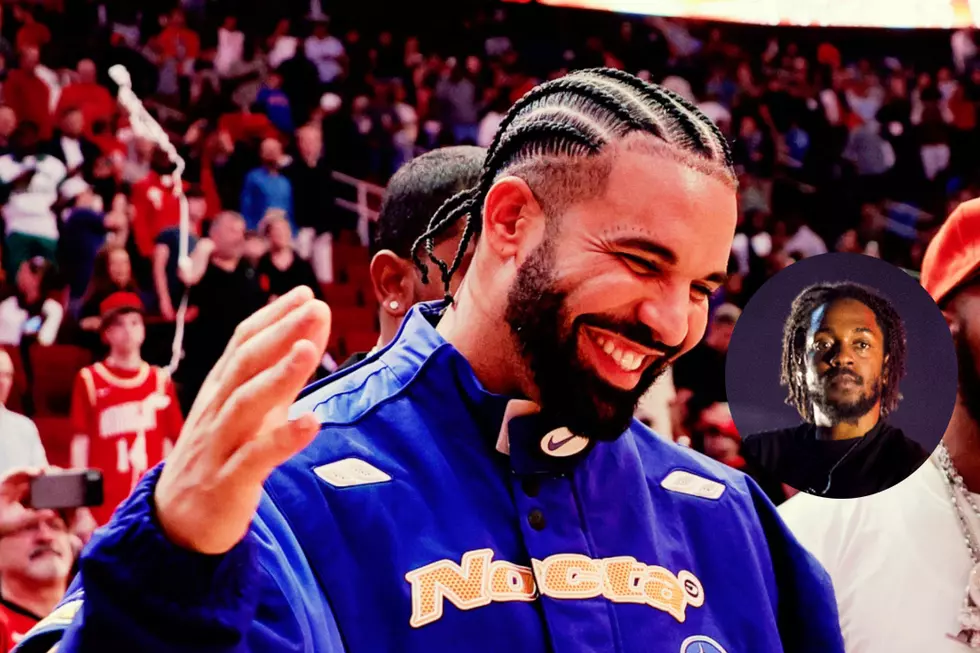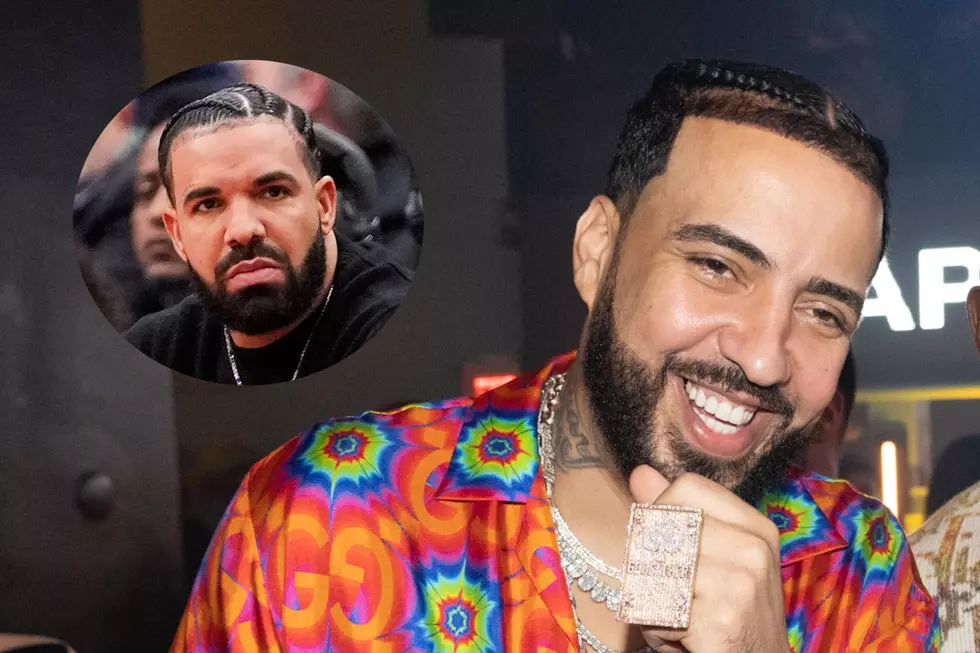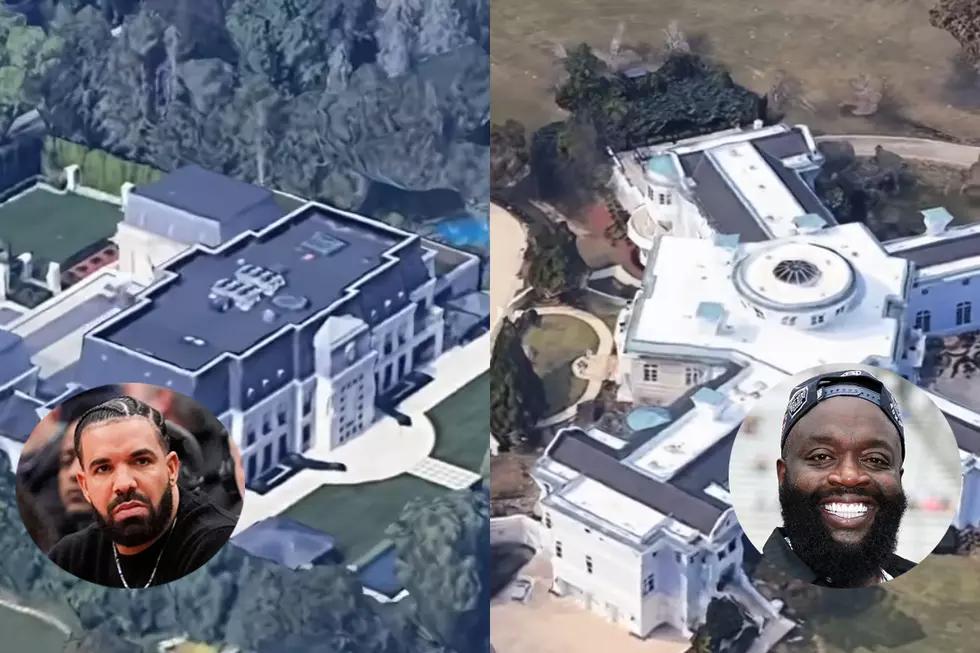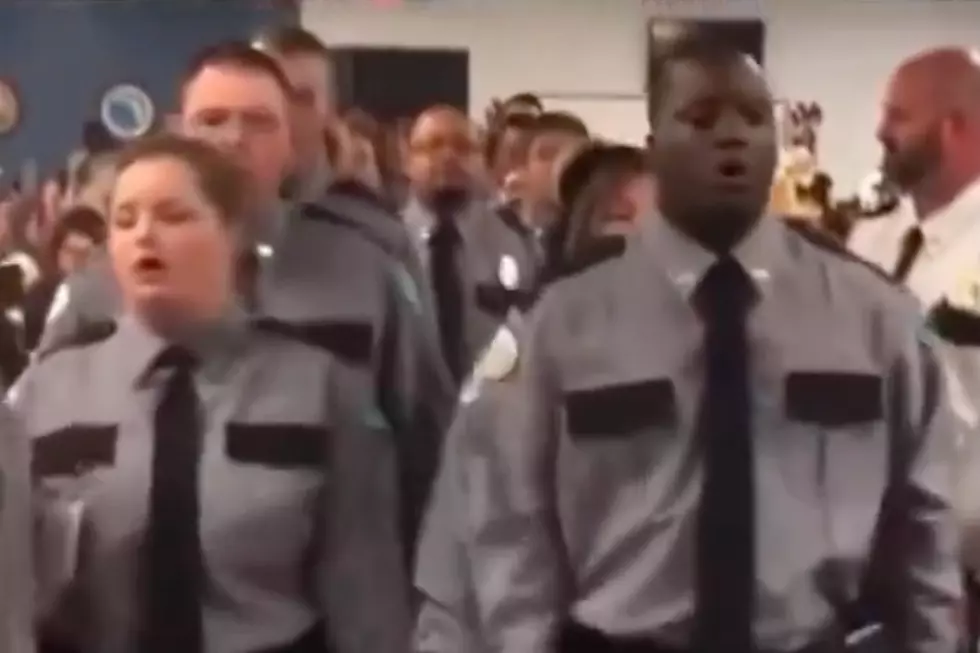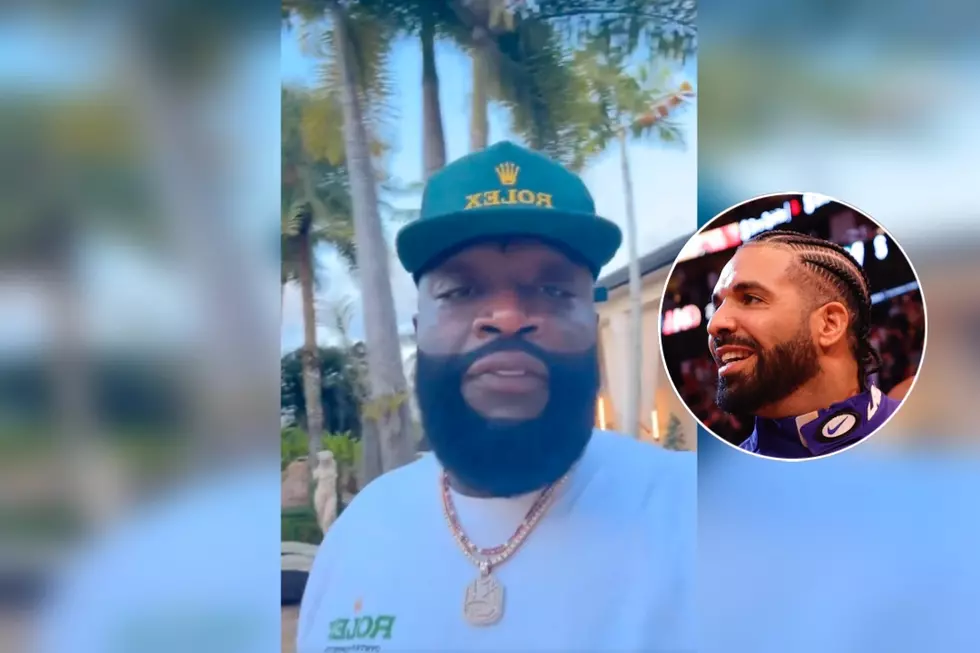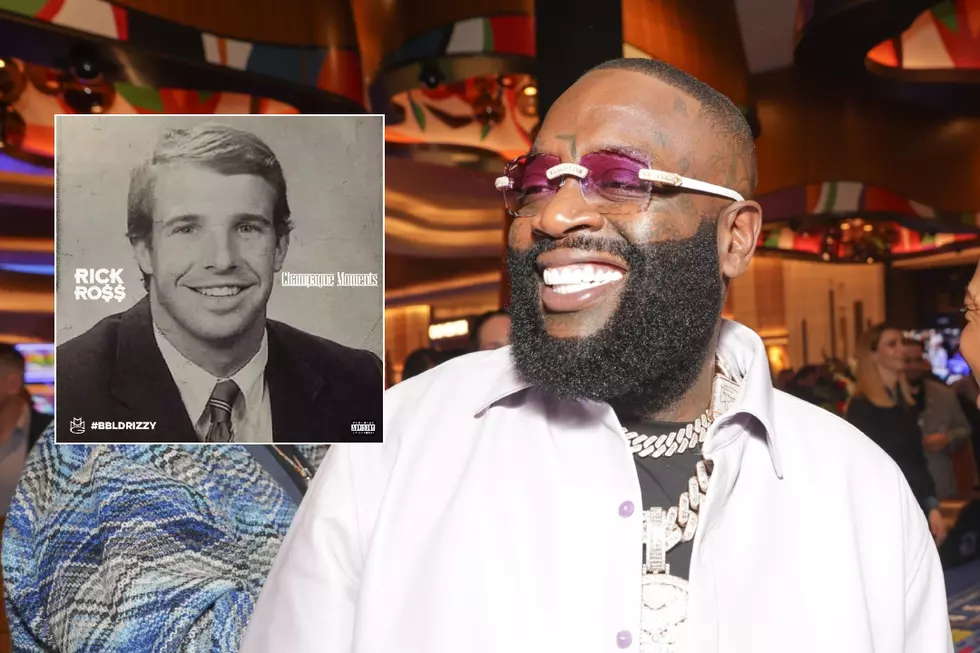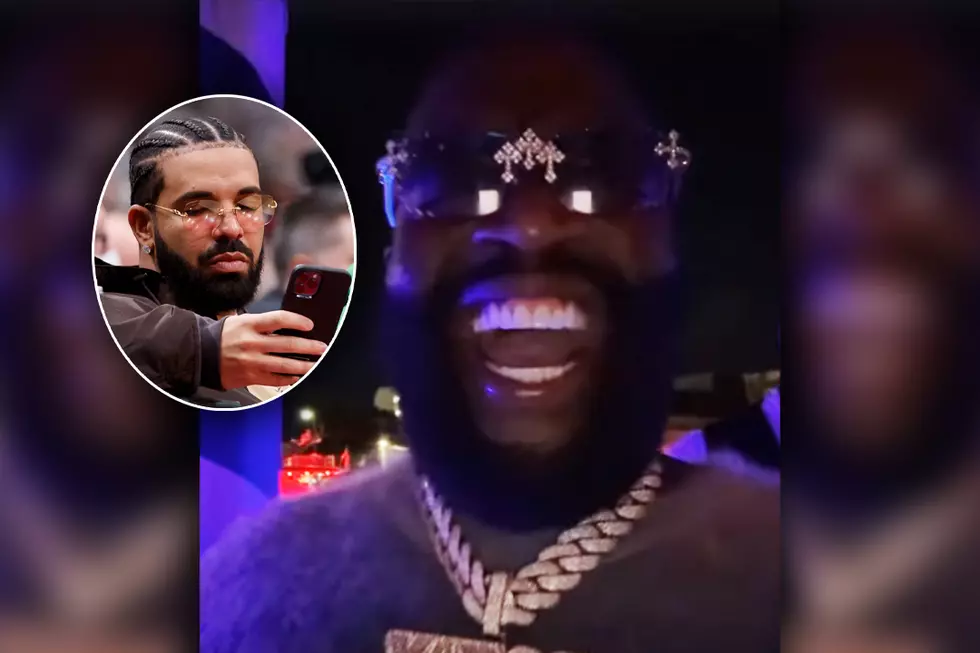
Rick Ross Outtakes from July/August 2012 Cover Story
[Editor's Note: In the cover story of XXL's July/August 2012 issue, Rick Ross spoke on God Forgives, I Don't, what he learned from his parents, and his relationship with Def Jam and Warner Bros., among other things. Here are some outtakes that didn't make the story.]
*XXL's JULY/AUGUST 2012 ISSUE FEATURING RICK ROSS IS ON NEWSSTANDS NOW*
AS TOLD TO JAYSON RODRIGUEZ (@jaysonrodriguez)
XXL: Can you break down how pieces of the Maybach team work, between you, Pucci and Spiff?
Rick Ross: First and foremost, I believe in remaining hands on. I feel like everything runs better if you're involved. Therefore I keep my circle naturally small, I have no assistants, I don’t need that extra mouth for me. Gucci Pucci is my right hand man and been my right hand man. And coming from the streets, we was both learning the business together. So when I got in the situation for a bidding war, as soon as I got signed, every manager in the game came to me. Everybody came to me with advice, you need the biggest managers to do that. And I turned them all down. I said I'm gonna ride with my dog, who was with me from the beginning when we was eating them $2.99 meals. We gonna learn together, you gonna win some and you gonna lose some. That's what makes the dynamic special. Of course, Spiff is an A&R at the label, I keep him on the hunt for producers and beats. He's one of them niggas that lives on the computer and he follows through, as well as him being a dope video director. Everybody wears multiple hats around here. That’s pretty much where it stops as far as the internal team at MMG. We also got great people we work with at Warner and Def Jam. They bring a nigga's vision to life so I can't forget them.
Do people hear enough personal things in your music? Like with Nas' "Daughters," the seeds to that record were planted years ago when he mentioned Destiny. You've mentioned your homie Jabbar and Convertible Bert, but does it connect?
You know, a lot of the times, you really just gotta deliver your message and do it the way you want it to be heard. You can't expect for everyone to absorb all the shit you saying. When I'm rapping on a song like "Tears of Joy," "Free Mason" or "Live Fast, Die Young," you can't expect everyone to be on the level to understand even though you putting it simply on a plate. They gonna pick and choose. Hopefully later on it'll kick it to them and double back around. I think a lot of times that’s when you have people who were introduced to your music three to four years ago, but are just now becoming a fan today. Those are the things that take place within that time. The message I want to send has been the same since day one, and that's starting from nothing and being whatever you want to be. You gonna have to start mopping floors, but that doesn't stop you from becoming a boss or becoming the owner. And that's the underlying message in my music, from “Hustlin’” to from “Blowing Money Fast.” The dynamics of coming from nothing, you have to fight sometimes. There's a struggle and you have to fight sometimes, that's just the game. You're not doing nothing wrong, that's just a part of success.
You used to rap a lot about "the other Miami," the other side of the bridge away from South Beach. Now, you're music is turning inward and becoming more about your own journey. Have you been conscious about that change?
Nah, that's just something that I feel. Because you can't consciously be aware of that when you're working possibly on thousands of songs. You can't be that smart. It has to be something that's really important to you and what you acknowledge. That's why things will resurface after so long, you'll hear certain things. Like, when you brought up Jabbar's name, that was my best friend. When I think about the first person that I remember in my life other than my parents and my sister, it was Jabbar. I remember us eating peanut butter and jelly crackers. Now, it's a certain pain I feel sometimes 'cause I'm the successful one, and him, at 19, being indicted, served 11 years on a 15 year sting in the federal penitentiary. Come out for a year and a half and back in the federal penitentiary. Two or three days ago, I was talking to his mom and to hear the emotion in her voice, on some G shit, that hurts. Or when you lose your homies and you the one that made it, and you have to go back and see their mom and their kids, that’s why you have to incorporate that. Those are the things that are the most important to you. It ain't about the shows, it ain’t about hoes, it ain't about money, it's about that message. And damn, I know my dog proud but, damn, the cards fall a funny way. So regardless of how successful I be, I'ma still keep that side of my life involved in the music. For me, that’s what continues to make it worthwhile. G shit.
How many songs did you record for [God Forgives, I Don't]?
I'd really just be guessing. I don't do a lot of frivolous recording. Everything I do, there'll be something dope about it that I'll really love, regardless of what type of record it is. But I do need the project to feel like it's all one.
When did the switch flip for you to think about amassing the team you have around you, from the directors to enginner, etc?
Really, I apprached it like the dope game. You gotta have a lieutenant, a gun man, bitches that will bring you food. A barber that will come to cut your hair 'cause you can't sit in the shop. You got to have shit be in place. It costs money to be rich. I didn't want to be like these crab-ass rappers and just take the money and run home. I wanted to invest and flip this shhit. I wanted to buy three studios, put one in my cirb, another here and one in Atlanta. Then camera men, not just one, but for all my artists. Then editors. You see them in the other room right now. We just got back from out of town. We suppose to be relaxing, but fuck that. You relax when you reach your mark.
More From XXL

